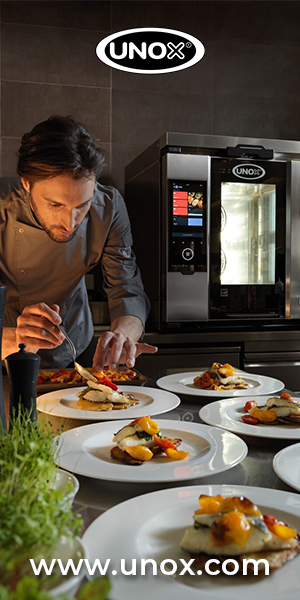The retail and hospitality sector in Australia remains relatively steady in terms of financial performance. However, retailers, including those in the hospitality sector, continue to face persistent headwinds and difficult trading conditions.
In this three-part series, Masi Zaki from Bird & Bird will cover some of the challenges facing Australian businesses in the sector, including those exposed to external administrations, the strategies that are working from administration, and how early intervention and turnaround strategies can help preserve long-term enterprise value for stakeholders.
Despite the pressure facing retailers and hospitality operators, a growing number of voluntary administrations are succeeding in preserving business value. The key? Restructuring creatively – and quickly.
Let’s look at how administrators we work with are using the tools available under the Corporations Act (and beyond) to create viable turnarounds in the consumer space.
Pre-pack sales and day-1 DOCAs
A “pre-pack” sale – where a buyer is lined up before the administration begins – isn’t formally regulated in Australia, but in practice, many consumer business sales now follow this model.
Administrators can execute a sale quickly after the appointment, preserving jobs and brand value. Similarly, pre-packaged Deeds of Company Arrangement (DoCAs) – especially those put to creditors within days of appointment – are increasingly common.
Operational restructuring with a scalpel, not an axe
Many administrators now use voluntary administration to surgically reshape operations. This includes:
- shutting down unprofitable stores immediately
- renegotiating leases under the s.443B rent ‘holiday’ period
- selling off surplus stock at cost to raise liquidity; and
- rationalising brands to focus on a core profitable offering.
In essence, what is put into practice is a ‘rationalise-to-survive’ strategy, but there is an art to it.
Engaging digital channels or alternative models
Consumer expectations are shifting. Administrators increasingly explore ‘digital pivot’ options – moving to e-commerce or direct-to-consumer models to eliminate high fixed costs. In hospitality, some administrators have trialled ghost kitchens, delivery-only models, or franchising to reduce central overhead.
Stakeholder deal making
Retail and hospitality voluntary administrations often succeed or fail based on stakeholder engagement. Administrations increasingly involve:
- key landlords in DoCA negotiations
- suppliers in continued trade agreements with improved payment terms; and
- staff and unions to maintain morale and avoid reputational damage.
In some cases, administrators have raised debtor-in-possession style finance or involved private equity sponsors to recapitalise companies.
Innovating with hybrid deals
Newer voluntary administrations often involve hybrid outcomes: part sale, part DoCA, part managed wind-down.
The aim is to extract value while protecting viable elements. While legal complexity increases, these hybrid deals can allow:
- clean exits for investors
- asset sales to third parties; and
- continuity for loyal customers.
In short: with the right strategy and swift execution, voluntary administration remains a powerful restructuring tool – but success now demands creative thinking, commercial flexibility, and open stakeholder dialogue.
Masi Zaki is a Partner at Bird & Bird in Australia, specialising in corporate restructures, turnarounds, and special situations across both Australian and global jurisdictions. He advises stakeholders in distressed investments and transactions, with expertise spanning financial services, energy, infrastructure, aviation, and retail. This article was republished with permission.







